Our PBL challenges bring together multidisciplinary student teams from the partner universities to co-develop proposals for client organisations’ sustainable innovation problems. The challenges extend from several weeks to over six months, allowing the multicultural teams to go through a full concept development cycle with the support and mentorship of faculty. The intensive and hands-on approach of the PBL courses is designed to maximise the students’ learning experience and provide access to novel ideas and insights for the clients. See our past case challenges below.
PBL East Africa challenges are offered 1-2 times annually. To get involved as a student, faculty member or a potential client, contact our team – we look forward to hearing from you.

Client: UBER and Utopia
Challenge: Reduced accessibility to public transportation options in Nairobi.
Proposal(s): See the students’ final report here.

Client: UNICEF ESARO and Fondation Botnar
Challenge: Lack of accessibility and resources within the innovation ecosystem for the youth.
Proposal(s): See the students’ final report here.
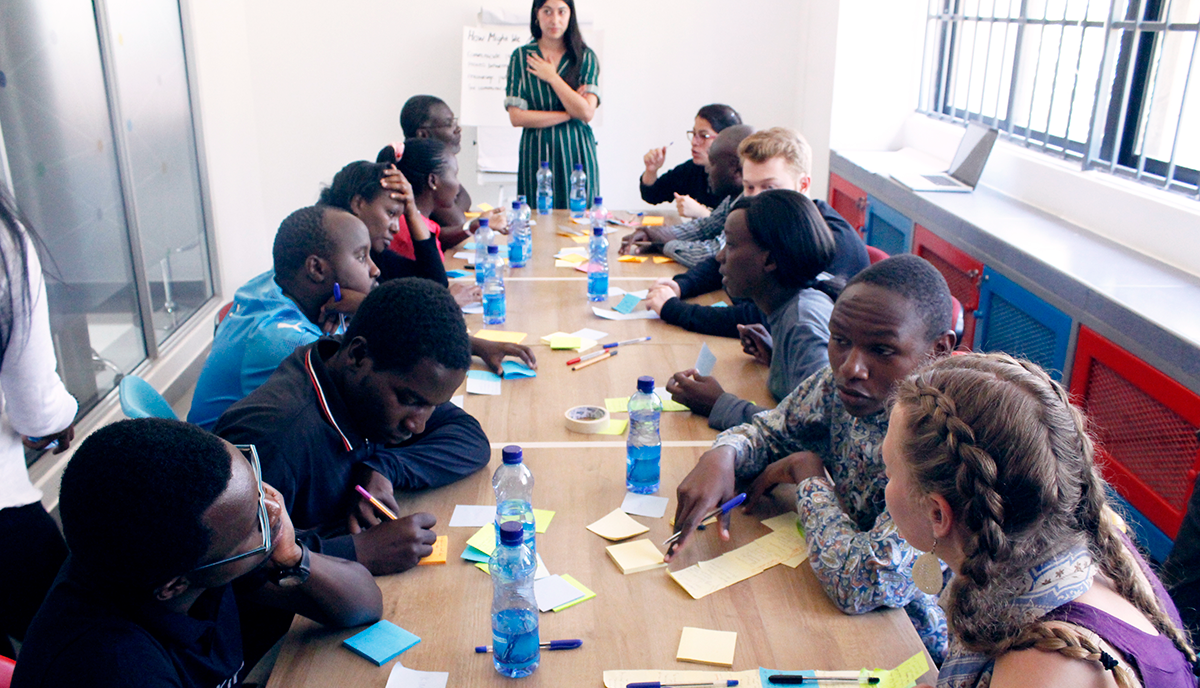
Client: Makerspace and University of Nairobi’s C4DLab
Challenge: Students worked on two challenges; improving maternal healthcare and identifying the main issues healthcare personnel face regarding the use of the fetoscope.
Proposal(s): Project Haikara Health to improve maternal healthcare. Read more from the students’ mockup website and final report.
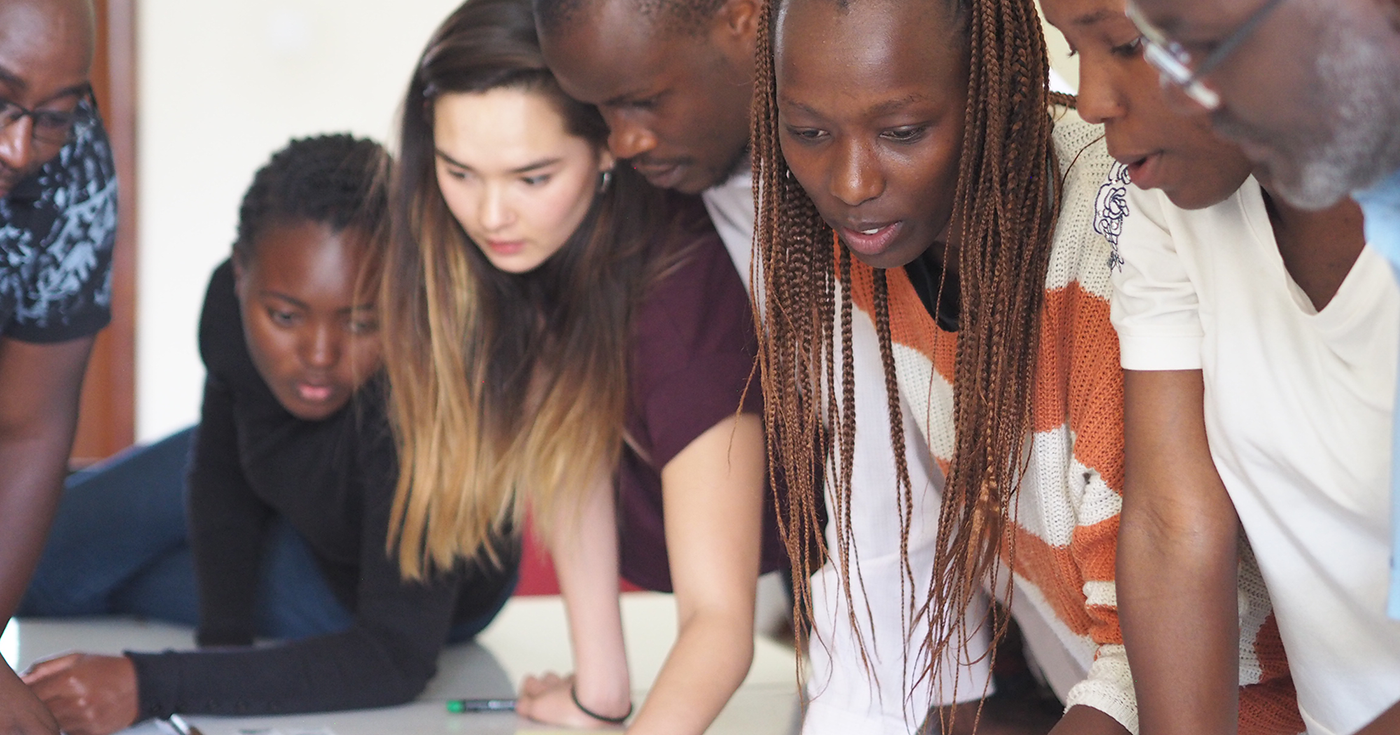
Client: FoodAfrica research programme, coordinated by Natural Resources Institute Finland (Luke)
Challenge: Improving food safety in Kenya, with particular focus on aflatoxins in the food value chain
Proposal(s): A solution roadmap for tacking aflatoxins (Aalto team). See also the Aalto student team’s Instagram page.
Sustainable Innovation Design (SID) is a flagship course of Nairobi Design Thinking School, established by University of Nairobi’s C4DLab. The course offers a ‘learning by doing opportunity’ to participants as they solve real life industry issues by using Human Centered Design Thinking Principles.
The SID course is open for a holder of an undergraduate degree in any field. Final level undergraduate as well as masters level students will also be considered.
The goal of this course is to develop teams of creative, bold, curious, open minded & innovative thinkers while solving a real-life challenge.
Students are grouped in self organising multi-disciplinary teams. The students are then given an industry problem to solve the entire semester. A specific iterative methodology is used under the supervision of mentors and design thinking coaches.
At the end of the semester, the students present their prototype for academic credit and industry assessment.
See SID course website: http://ndts.c4dlab.ac.ke
The IDBM Industry Project is a context-based learning platform for students in Aalto University’s multidisciplinary IDBM Master’s Programme. The project is assigned by an industrial/business partner and runs through most of the academic year. The project teams are multicultural and represent all three IDBM fields: business, design and technology.
Mastering key frameworks and tools in managing the design thinking process and technology-intensive business initiatives Using design approach in product, service and business development Applying creative problem-solving and design research in the project context
Concept proposal of a new product, service or business model
Reports, presentations and other project related documentation
Programme Manager
M.Sc. Anna-Mari Saari
anna-mari.saari@aalto.fi
Professor in Charge
Prof. Niina Nurmi
niina.nurmi@aalto.fi
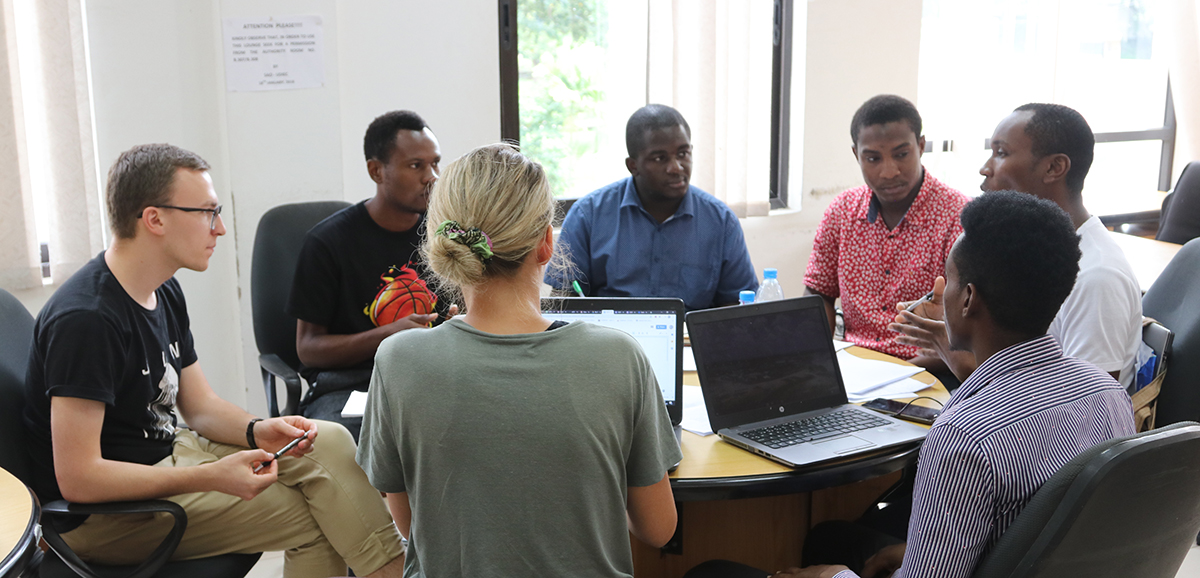
Client: DSM Corridor Group, University of Dar es Salaam, Centre for Entrepreneurship and Innovation (UDSM/UDIEC)
Challenge: Scarce employment conditions of temporary workers and their compliance with legal requirements
Proposal(s): Jobisa project. Read the students’ final report and check out their final presentation.
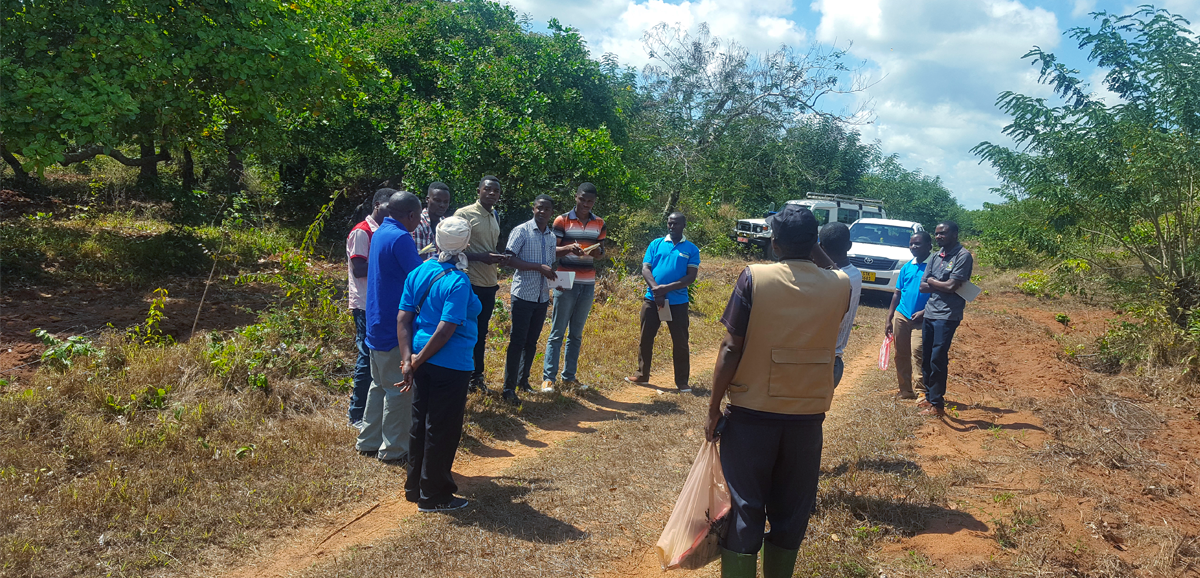
Client: Naliendele Agricultural Research Institutes (Nari)
Challenge: Develop a site specific nutrients management tool for cashew farming system in South-Eastern Tanzania.
Proposal(s): Read more from the project report
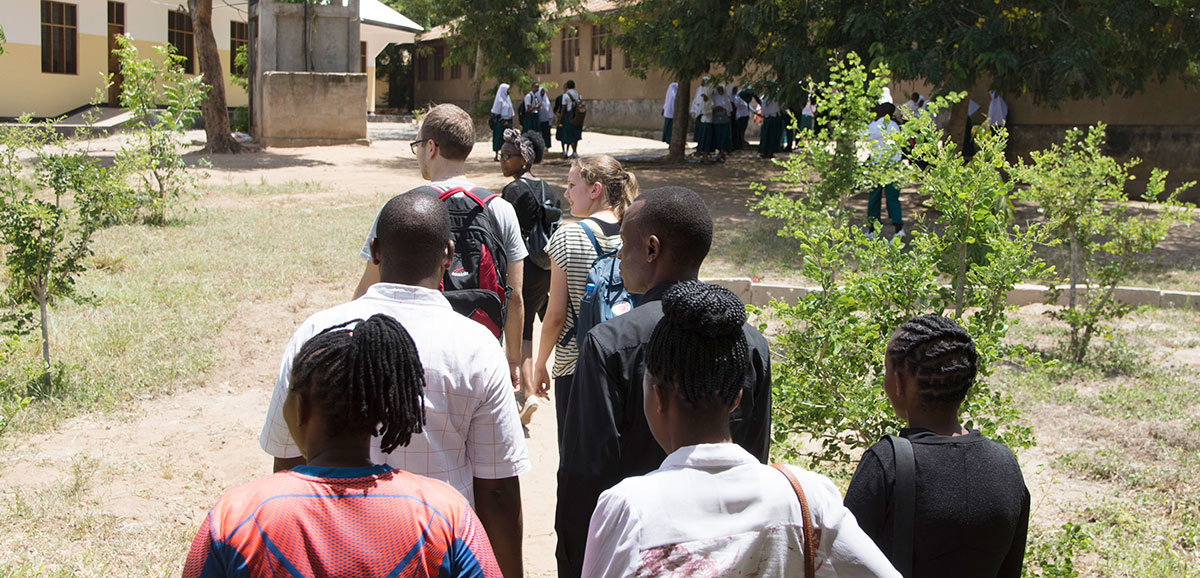
Client: Sports and Development Liike ry
Challenge: Improving physical education, especially girls’ inclusion, in Tanzania.
Proposal(s): Mobile application & toolkit for Tanzanian physical education teachers to help them to better create sport equipments from the materials they have in their schools. Read more from the final report.
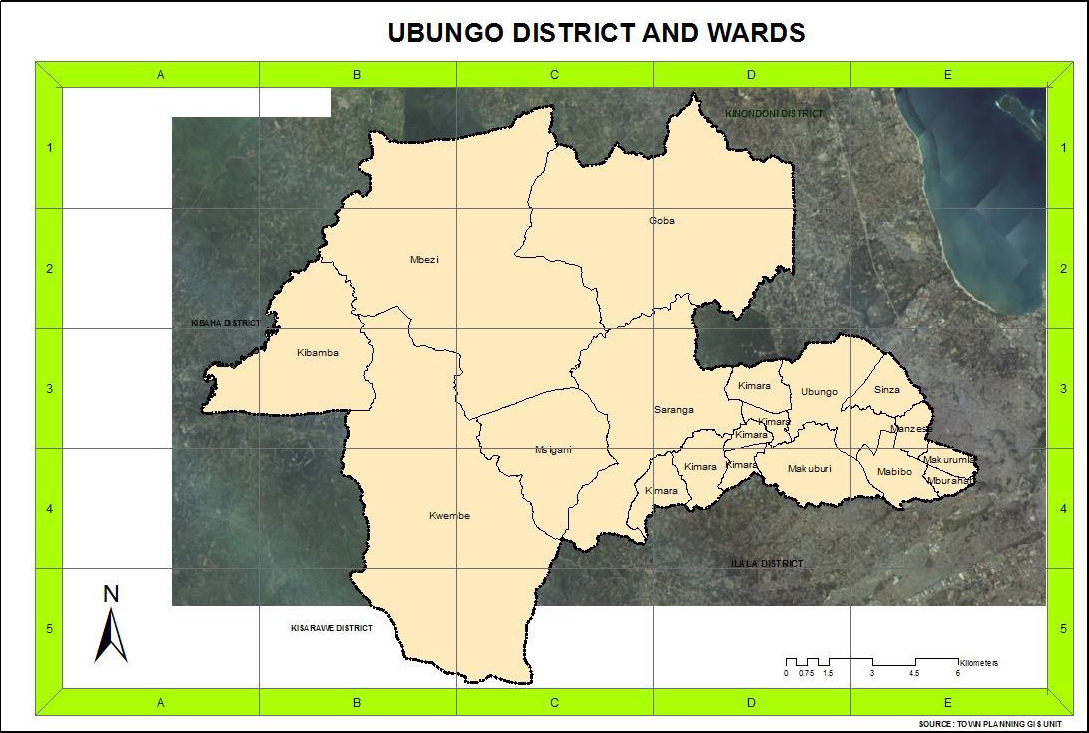
Client: UDSM’s Innovation and Entrepreneurship Centre
Challenge: Find ways and methods to reduce the challenges associated with solid waste management in Ubungo Municipal Council
Proposal(s): See full report.
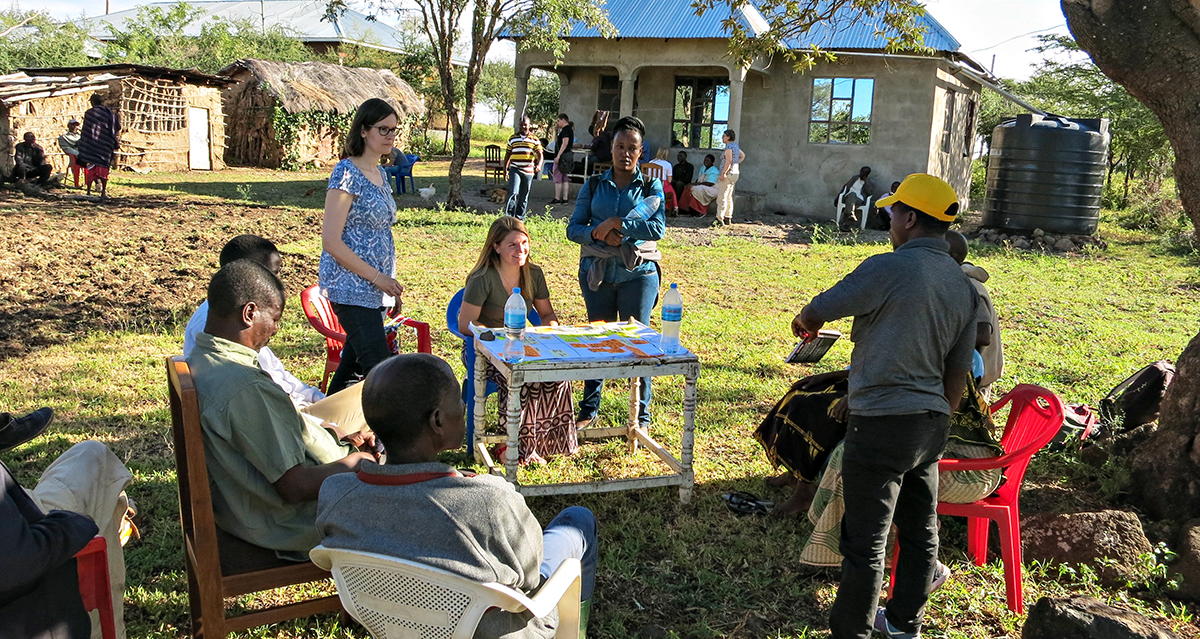
Client: Tanzania Meteorological Institution
Challenge: Coming up with innovation mechanisms for enhancing uptake and utilization of climate information by Tanzanian smallholder farmers, in order to enhance climate resilience of agriculture.
Proposal(s): Read more from the Aalto team's final report and UDSM team's final report.
CS Capstone Course is part of Aalto University’s multidisciplinary Creative Sustainability Master’s Programme. The course brings together student teams to find creative solutions to client organisations’ real-life social and environmental challenges.
Assist. Prof. Patrick Shulist
School of Business
patrick.shulist@aalto.fi
Digital Services for Sustainability is a special course designed to be completed in cooperation with other student projects in the PBL East Africa programme. During the course, students will work as experts, helping other students to consider the effects of digitalisation and address the design of digital services for different audiences including informal and underserved communities.
M.Sc. (Tech.) Pietari Keskinen
pietari.keskinen@aalto.fi
Prof. Marko Nieminen
marko.nieminen@aalto.fi
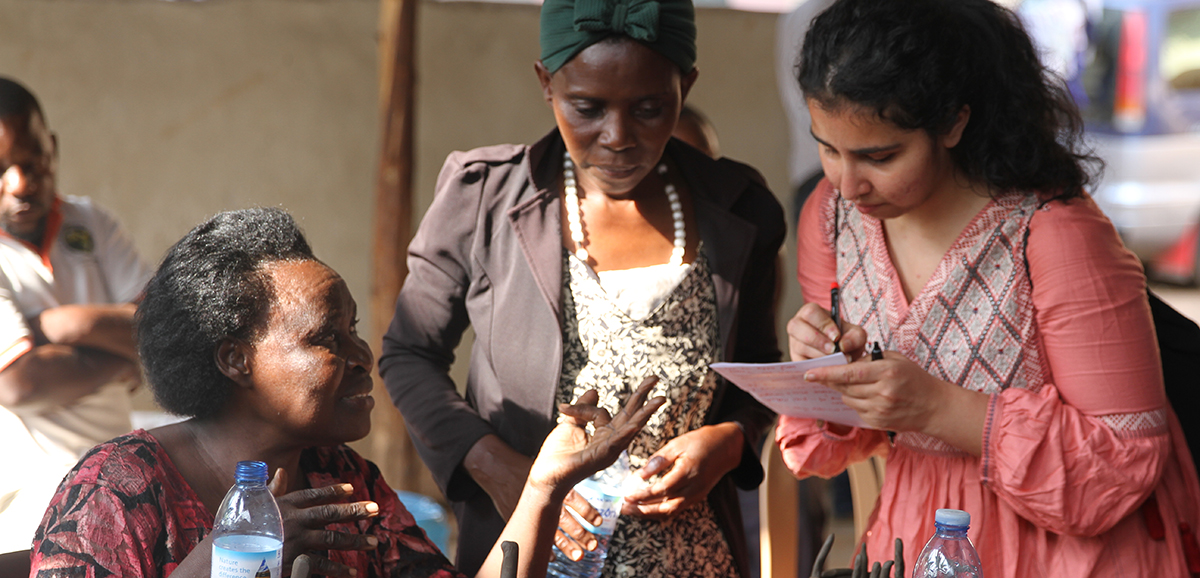
Client: College of Engineering, Design, Art and Technology (CEDAT), Makerere University
Challenge: Lack of integrated solutions in the Katanga settlement in Kampala which would ensure sustainable and functional water, sanitation and hygiene within the community.
Proposal(s): Project Amaka. Read the students’ final report, and check out the project’s Instagram and website.
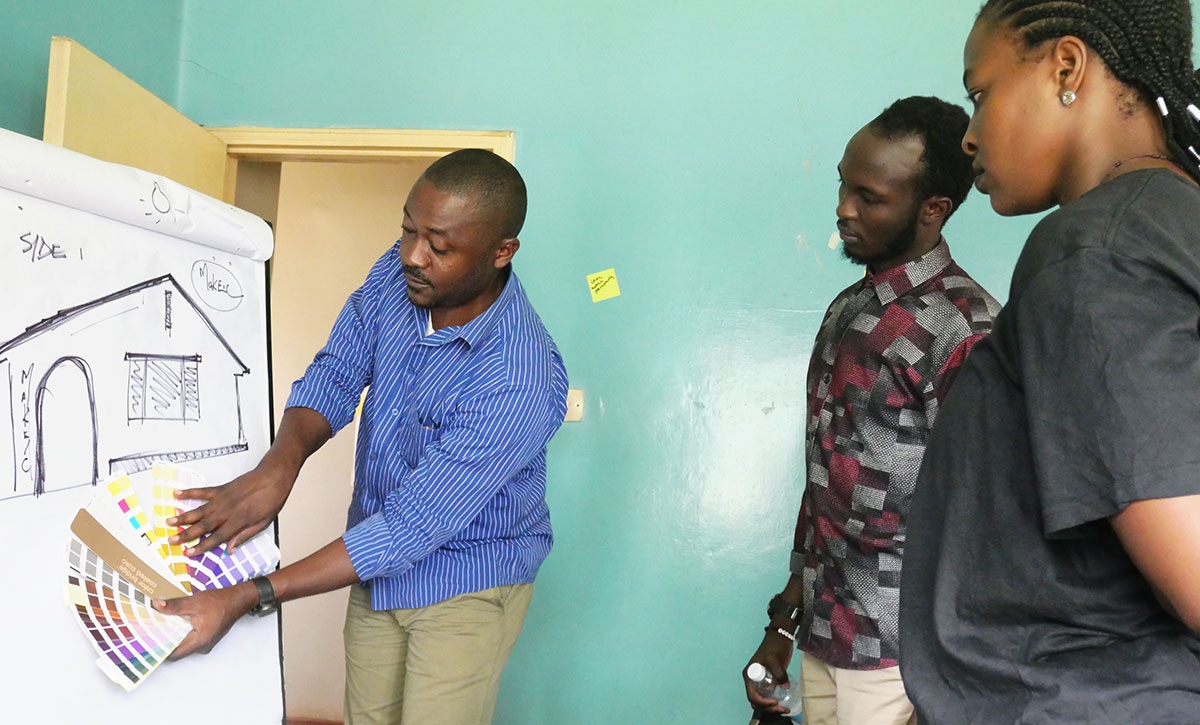
Client: Makerere Entrepreneurship and Innovation Center (MakEIC)
Challenge: Students worked on two challenges; contributing to co-creation culture at Makerere University by fostering the students' capacities to develop their innovations, and providing solutions to waste water treatment on campus.
Proposal(s): AhaMak (Aalto) and Wet Technik (Makerere) projects. Read more from AhaMak website & Instagram and Wet Techniks student report. Wet Technik also among the winners of Wege Prize 2019.
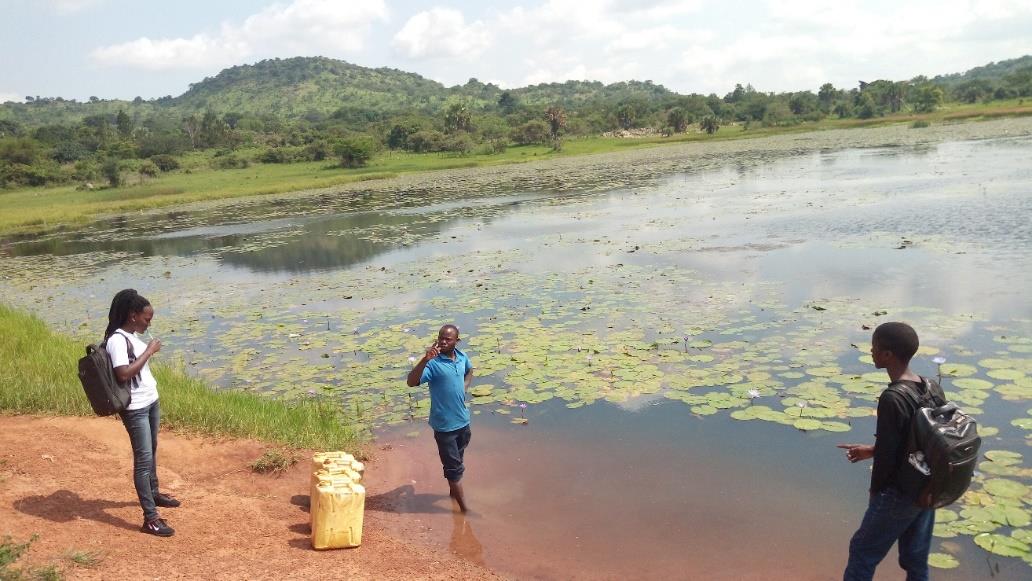
Client:Makerere University
Challenge: Conduct research and design a prototype of a water purification filter that uses natural elements e.g. sand and bamboo as a filter.
Proposal(s): See full report.
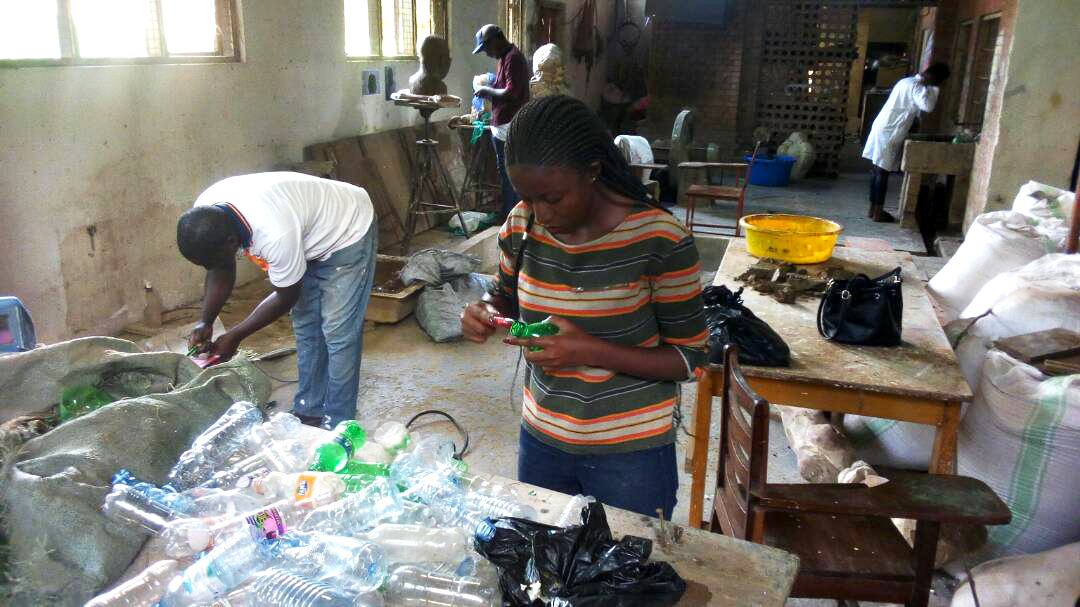
Client: Challenge topic provided by the Makerere student team based on on a pitching competition
Challenge: To upcycle plastic waste by creating a recycling workspace and student community at Makerere University
Proposal(s): The Up-Plastic Kampala project. Read more from the students’ website and Instagram, as well as the Aalto team’s report and Makerere team’s report
Makerere University’s College of Engineering, Design, Art and Technology (CEDAT) was formed in 2010 from a merger of two academic units: Faculty of Technology and Margaret Trowell School of Industrial and Fine Arts. This academic cooperation springs from the practical-based teaching and learning methods employed at the units, which emphasize creativity and innovation aimed at solving societal problems.
In line with the University’s strategy, the College has then steadily moved from traditional classroom teaching to more learner centred pedagogy, which stresses research and innovation. CEDAT encourages our students to be innovative and search for solutions to problems that afflict our society. Our academic staff is also engaged in intensive research and innovation. This is why the college has come to be known as the home of innovation.
With a student population of 3,200 and academic staff of 227 the college is among the largest at Makerere University.
SGT is a co-learning studio course for Master’s and PhD students at Aalto University. During the course students form multidisciplinary teams to carry out projects linked to global development challenges. Assignments are implemented with partners from academia, industries, governmental and civil society organisations and communities in developing countries.
Programme Coordinator
M.Sc. Matleena Muhonen
matleena.muhonen@aalto.fi